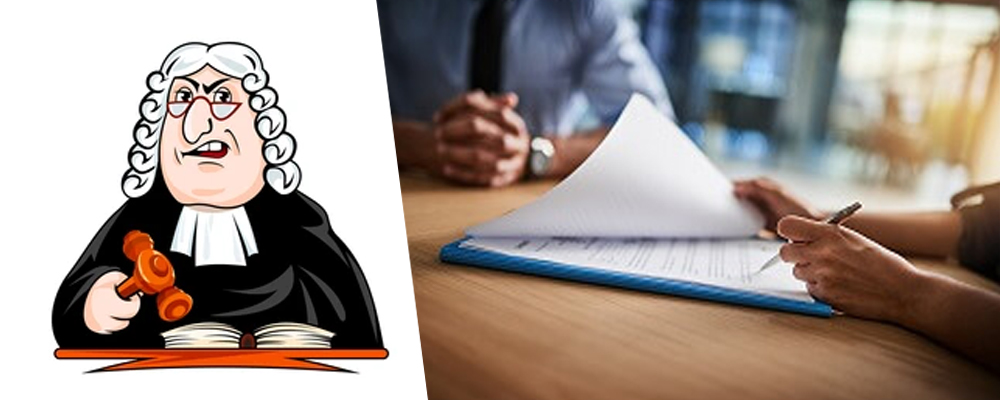A statement is recorded, in cases, where any person, who was witnessed at a crime scene or was a part of the evidence in any case, in which trial proceedings are going on, can give his statement or record his confession about the scenario he wants to share, in front of any judicial magistrate or metropolitan magistrate
In simple terms, a recorded statement is your side of the story, in which you explain what happened at the event, including incidents preceding and following the accident, if any.
Statements can be recorded under the Code of Criminal Procedure, specifically Section 164, where the judicial magistrate or metropolitan magistrate takes the person’s recorded statement. The recording of the statement under Section 164 occurs when the investigation officer requests that the complainant’s statement be recorded or when the complainant approaches the Magistrate on their own initiative to have their statement recorded.
Confessional Recording Under Section 164 OF CrPC & Its Evidentiary Value
Unless there is an admission of guilt, any statement made by the accused cannot be considered a confession. As a result, not every statement constitutes a confession. Sections 164 (2), (3), and (4) specify how the confession should be documented. In the section, there is a provision that lays out the method of recording statements of the accused who is temporarily or permanently, mentally or physically impaired. Section 164 also states that unless the accused expressly requests to be called as a witness, the magistrate may not consider previously recorded remarks as examination-in-chief, nor may the accused be subjected to cross-examination.
Need A Legal Advice
The internet is not a lawyer and neither are you. Talk to a real lawyer about your legal issue

Confession does not include admission. Although, unless the guilt is admitted, every remark is not a confession. In the situation of a mixed statement in which there are incriminating facts but no acknowledgment of guilt, the statement does not constitute a confession. These statements are more akin to acknowledgment than confession.
Note:
According to section 164 of the Code, a Magistrate is authorized to record the individual’s statements or admissions even if he lacks jurisdiction in the matter. In such a scenario, a Magistrate with no jurisdiction shall convey the statement or confession to the Magistrate with jurisdiction or by whom the case is to be tried.
Evidentiary value of the confession recorded by a magistrate
A confession or statement under Section 164 of the CrPC is not substantive evidence, and its only use (as in the case of a First Information statement under Section 154 of the CrPC) is to refute or corroborate the maker. Section 145 of the Evidence Act can be used to obtain the contradiction. As a result, a confession is usually admissible in evidence. It is a pertinent fact that can be acted upon. It can be used as the foundation for a conviction in certain instances. If a judicial or extra-judicial confession is proven to have been given voluntarily, it can be used to convict the accused.
If you have already provided a recorded statement or want to confess something that relates to any legal issue, you are going to need a lawyer for legal assistance or to represent you. They will try to guarantee proper information handling. For those who have just recently been in any part of an incident which resulted in a legal way,
We at lead India, provide you with the best class legal service and provide free legal assistance and guidance.
You can also chat with Our expert lawyer online for your legal questions at our lead India website.





 Talk to a Lawyer
Talk to a Lawyer